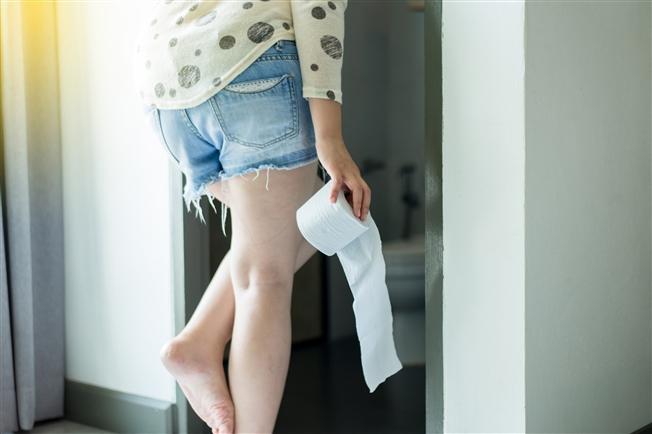Women’s pelvic health myths that are ruining your quality of life

You may have heard about “the pelvic floor,” but you’re not really sure what it is. Well, you’re not alone. There are many misconceptions related to pelvic muscles and the bladder, and plenty of women’s pelvic health myths getting passed around among friends. When it comes to urinary incontinence, a lot of women “just deal with it” when there are simple nonsurgical options that could make a difference.
The pelvic floor is a collection of muscles that both support the pelvic organs and contribute to proper bladder and bowel function. When these muscles aren’t functioning properly, women can develop symptoms that negatively affect their quality of life at home, at work and socially. Nearly one-third of women in the U.S. deal with these symptoms, which include incontinence and overactive bladder, as well as pressure from a dropped bladder or uterus (called “vaginal prolapse”) and even painful sex.
“Unfortunately, because of embarrassment or a lack of understanding, a lot of women don’t get treatment or don’t believe there’s anything they can do about it,” says Jose S. Maceda, MD, MS, a urogynecologist at Main Line Health King of Prussia. “Women’s pelvic health myths are common so it’s important that we set the record straight on some of these things—because treatments for pelvic floor disorders can make a tremendous difference in women’s lives.”
MYTH: Problems with urination affects only elderly women.
FACT: Urinary incontinence affects women of all age groups.
For example, a National Health and Nutrition Examination Survey reported that 17% of women ages 40 to 59 deal with these problems, as do 23% of women ages 60 to 79. Actual numbers may be even higher, since so many women don’t talk about their symptoms.
MYTH: I’ve tried Kegels and they didn’t work, so exercising those muscles is pointless.
FACT: A recent study that assessed women performing Kegel exercises discovered that just under half were performing them properly.
About 25% of women did the exact opposite maneuver and were bearing down instead of contracting. If you’ve tried Kegels without results, it’s possible the muscles were not contracted correctly. There are definite benefits to retraining these muscles, and a pelvic floor rehabilitation specialist or other health care provider can help you do so correctly.
MYTH: Holding your bladder for long periods of time is harmful.
FACT: Contrary to popular belief, there is no information to support this.
Holding one’s bladder has not been shown to increase the risk of urinary tract infections or issues with urinary frequency or incontinence. Holding your bladder isn’t harmful unless you have urinary retention or a condition called bladder-ureter reflux.
MYTH: I use bladder leak pads all the time; it’s just something that happens as you get older.
FACT: While urinary incontinence is more common as women age, it isn’t “normal” or an inevitable part of growing older.
Urinary frequency or incontinence should be addressed when it starts to affect quality of life. You shouldn’t need to wear pads every day, change clothes daily or empty your bladder frequently to minimize incontinence episodes.
MYTH: After giving birth, it’s normal to leak urine with physical activity.
FACT: False!

The loss of urine with physical activity when there is no urge to empty the bladder is called stress incontinence. Stress incontinence can cause a loss of urine when coughing, sneezing, laughing, running or exercising. These problems can be alleviated by strengthening and retraining the pelvic floor muscles or with outpatient surgery.
“We want women who are dealing with urinary incontinence and pelvic floor problems to know that it doesn’t have to be that way, and that there are often nonsurgical solutions to these types of problems,” adds Dr. Maceda. “Of course for more complex issues, we specialize in minimally invasive surgical treatment of a wide variety of conditions from bladder repair to stress urinary incontinence.”
Main Line Health serves patients at hospitals and health centers throughout the western suburbs of Philadelphia. To schedule an appointment with a specialist at Main Line Health, call 1.866.CALL.MLH (225.5654.
 Content you want, delivered to your inbox
Content you want, delivered to your inbox
Want to get the latest health and wellness articles delivered right to your inbox?
Subscribe to the Well Ahead Newsletter.
